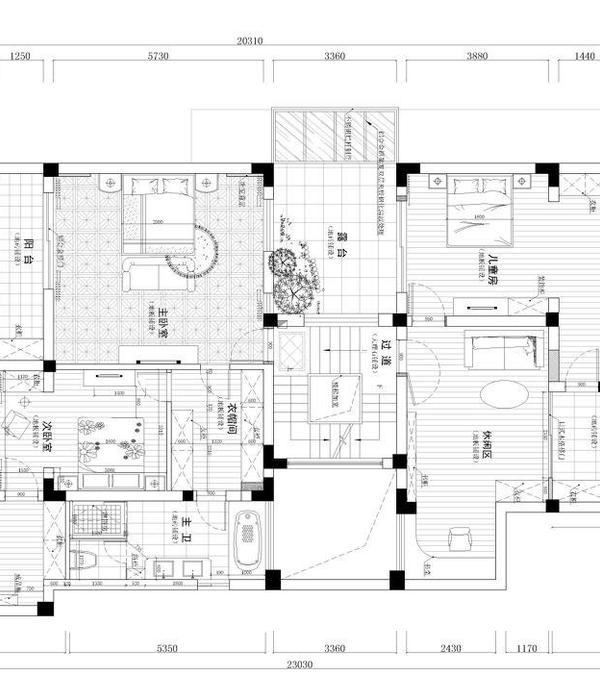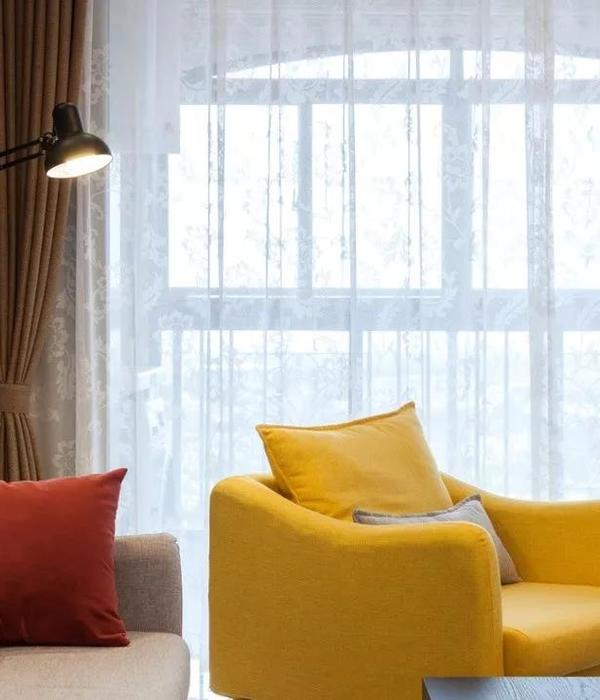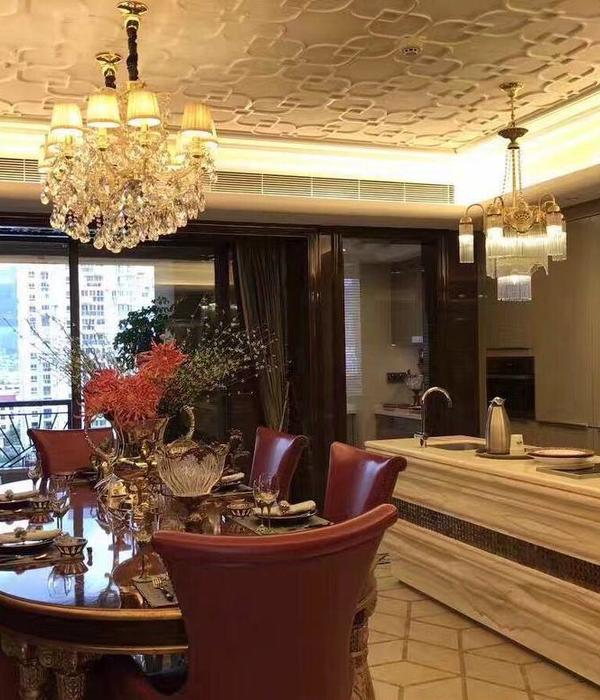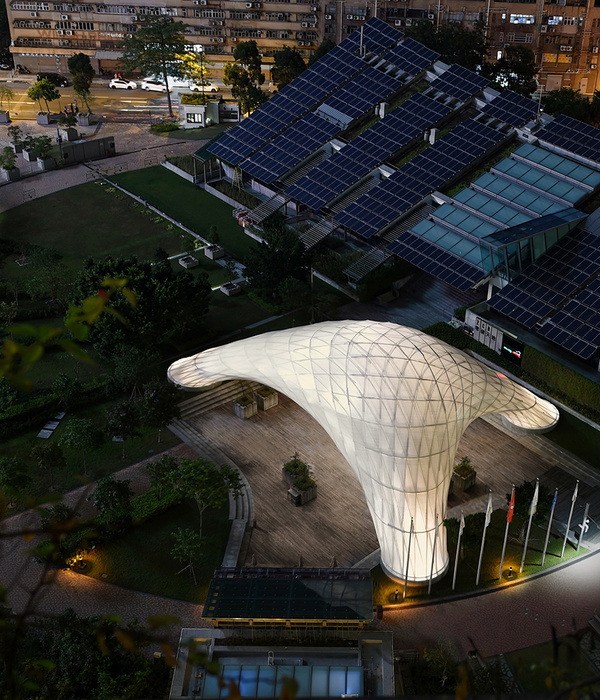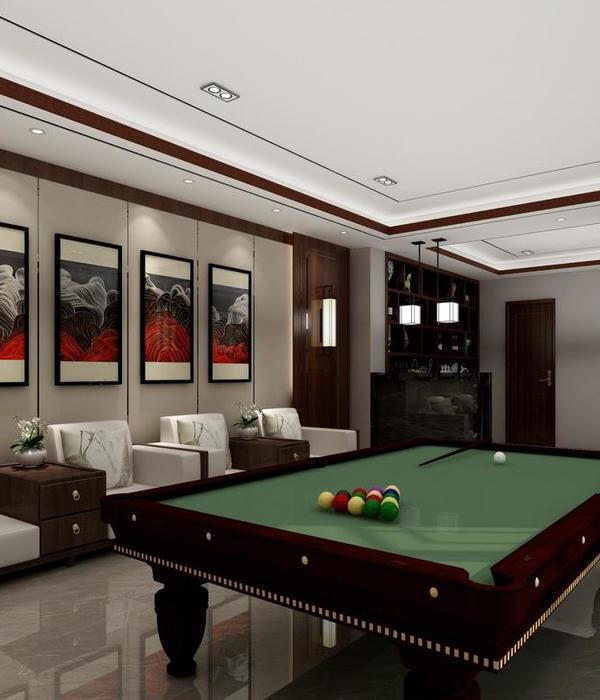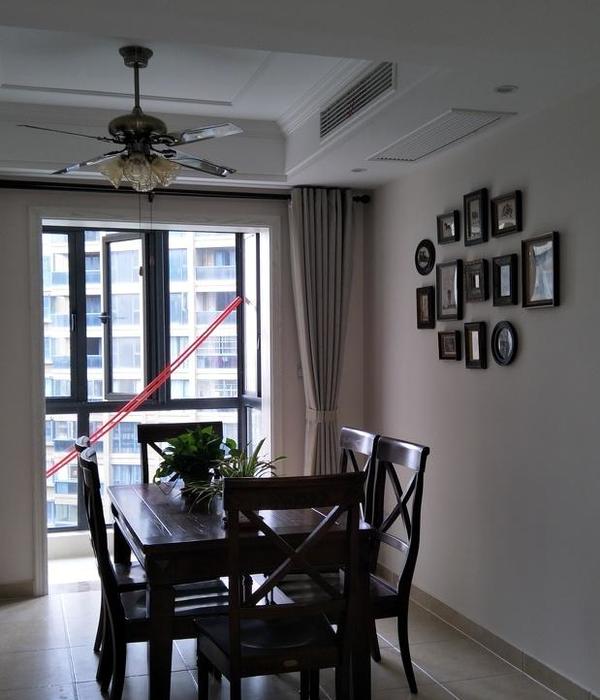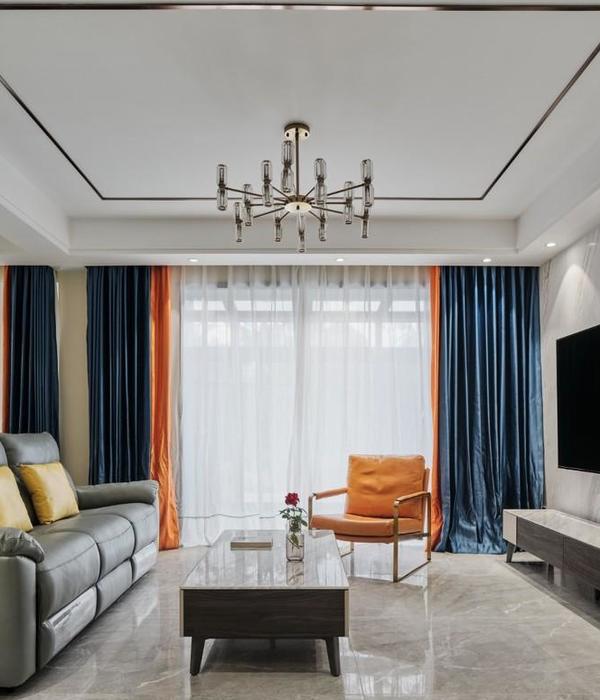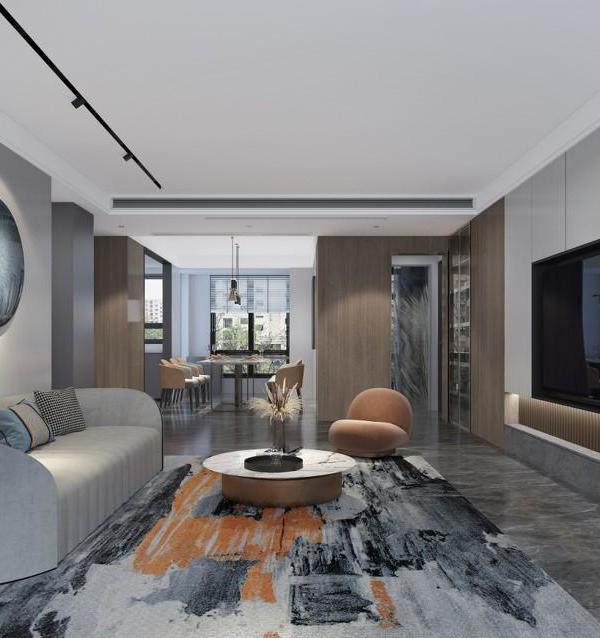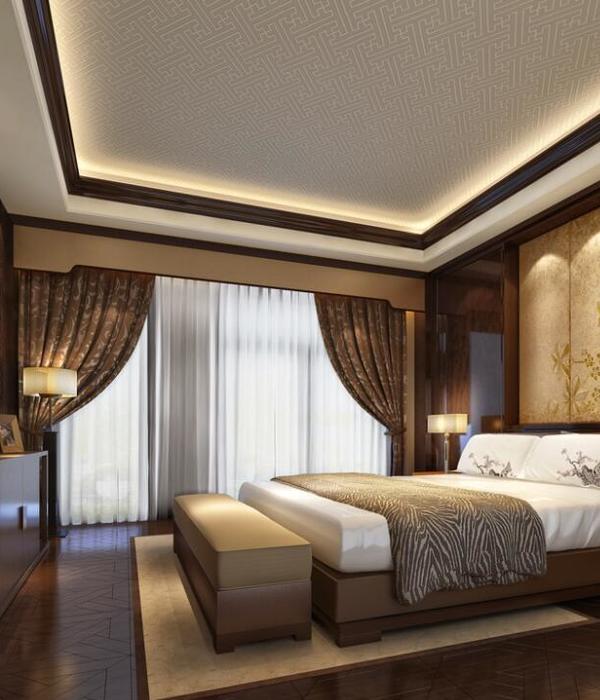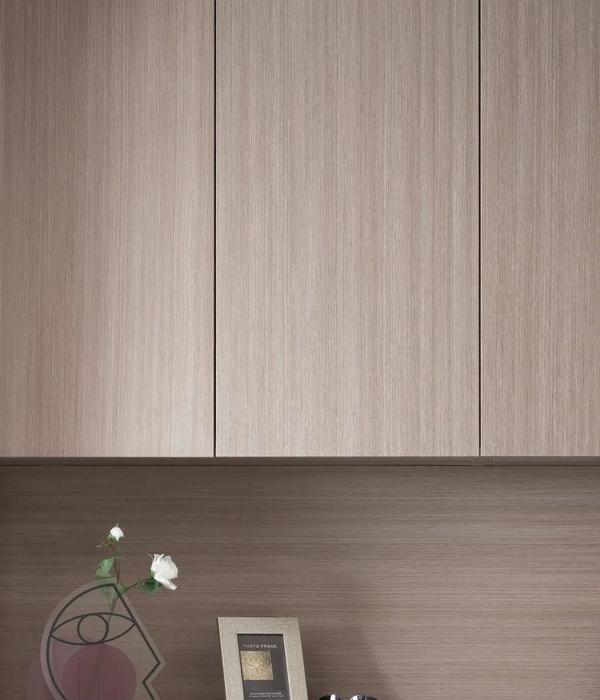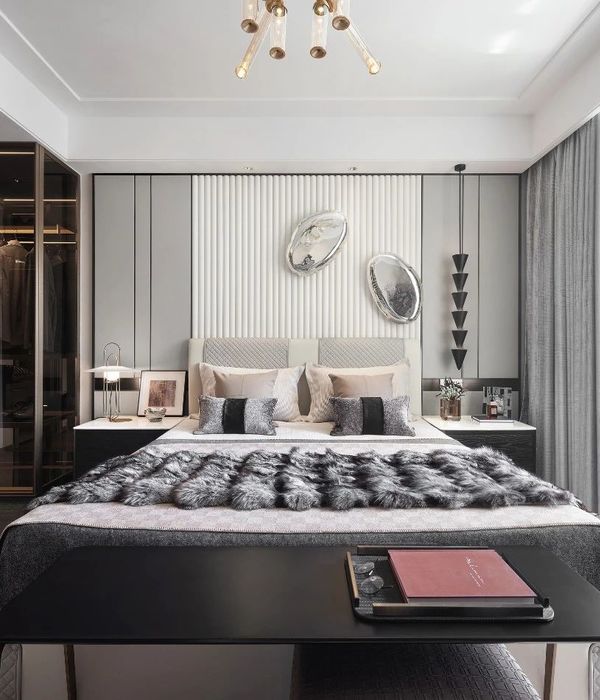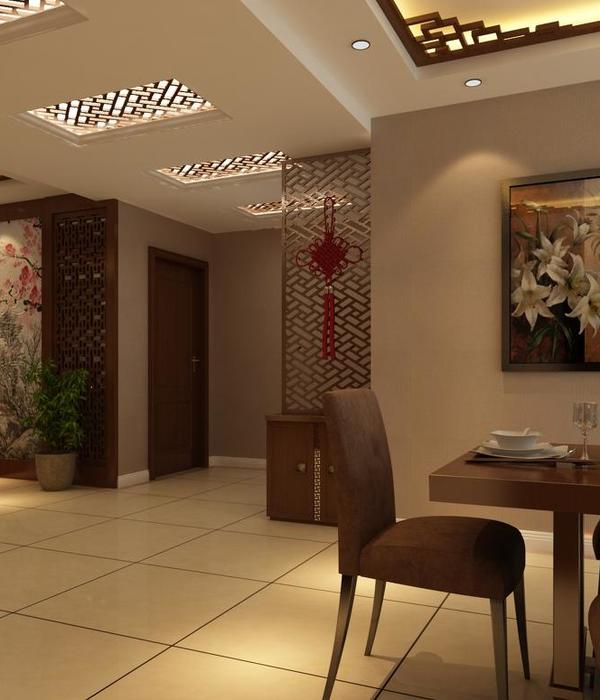© Ariel Huber / EDIT images
(Ariel Huber/编辑图像)
架构师提供的文本描述。离孟买不太远的车程,一片被称为西高帽子的山地景观上升。从这个联合国教科文组织的世界遗产区,无数的河流和溪流在起伏的地形下流淌下来,最终流入孟买。
Text description provided by the architects. Not a long drive away from Mumbai, a mountainous landscape rises up, called the Western Ghats. From this UNESCO world heritage area, numerous rivers and streams find their way down through an undulating landscape eventually feeding into the Bombay bay.
Axonometric
河岸的房子就在一座丘顶的下面,就在山脚下。一处植被茂盛的屋顶顶部与小丘顶部融为一体,使房子远离东侧的接近。在房子里,人们仍然可以欣赏到伊尔沙加德山要塞北面和西边日落的景色,而河流则蜿蜒穿过农田。
The Riparian House is placed just below the top of a hillock at the foothills of the Ghats. The top of a vegetated roof merges with the top of the hillock, hiding the house from the approach on the east side. Inside the house one can nevertheless enjoy the views to the north of the Irshalgad hill fortress and towards the west the sunset while the river winds its way across the agricultural fields.
© Ariel Huber / EDIT images
(Ariel Huber/编辑图像)
由于大部分的地点是陡坡与1:4的坡度,植被屋顶给房子一个额外的可用面积。从顶部看,这似乎是自然景观的延伸,增强了房子的不自然状态。绿色的盖子能使房子保持在凉爽以下,因为它具有绝缘特性。
Since the most of the site is steeply sloping with a 1:4 gradient, the vegetated roof gives the house an additional usable area. From the top it seems to be an extension of the natural landscape, enhancing the under-statedness of the house. The green cover serves to keep the house below cool due to its insulative properties.
© Ariel Huber / EDIT images
(Ariel Huber/编辑图像)
沿着房子的中轴线,美化的台阶引导你沿着粗糙的石墙走向泳池甲板。第二组台阶连接到房子的主层,轴心通过餐厅和厨房到达顶点,形成一个充满光线的庭院。在挖掘过程中发现的石头巨石加强了在地球内部的经验,并保留了地球。
Along the central axis of the house landscaped steps lead you along a coarsed stone wall towards the pool deck. A second set of steps connects to the main level of the house where the axis culminates via the dining room and kitchen into a light filled courtyard. The experience of being inside the earth is enhanced through the stone boulders which were discovered during the excavation process and retain the earth.
© Ariel Huber / EDIT images
(Ariel Huber/编辑图像)
厨房和开放的天井一起占据着中心位置,两边都有两间卧室。这些空间镶嵌在泥土中,窗户在上面和河岸的充足光线中闪烁。
The kitchen occupies a central position along with the open to sky courtyard and is flanked on either side by two bedrooms at the two far ends. These spaces are embedded in the earth with windows brining in ample light from above and the river side.
© Ariel Huber / EDIT images
(Ariel Huber/编辑图像)
主卧室、浴室、就餐区和起居区位于前排,一个更开阔的房间。房子西角的客厅和北角的主卧室都可以欣赏到河的全景。
A master bedroom, bathroom, dining and living area sit along the front, a more open face of the house. Both the living room in the western corner of the house and the master bedroom in the northern corner enjoy panoramic views to the river.
Ground Floor Plan
镀锌的钢制窗户打破了房子正面的比例。一排有节奏的竹竿间隔在屋前,营造出一层隐秘的空间,同时又不妨碍河流和远处山脉的壮观景色。竹围营造了室内与剧烈变化的景观之间的对话。自然景观从季风月份茂密的绿色丛林样森林转变为干燥和炎热的夏季的浅褐色灌木丛荒地。建筑物必须对这些极端的条件作出反应,在夏季允许足够的阴凉处和微风,并在暴风雨的季风中提供一个防水的室内环境。柱子的屏幕在一天的季节和时间里创造了一种不断变化的光和阴影模式,使建筑成为光的“感应器”。
Galvanized steel mullioned windows break down the scale of the front façade of the house. A rhythmic row of bamboo poles is placed at close intervals in front of the house to create a layer of privacy without obstructing the spectacular view of the river and the mountains beyond. The bamboo enclosure creates a dialogue between the interior and the dramatically changing landscape. The natural landscape changes from a dense brightly green coloured jungle-like forest during the monsoon months to a pale brown shrubby wasteland during the dry and hot summer months. The building has to respond to these extreme conditions by allowing enough shade and breeze during the summer and providing a waterproof indoor environment during the stormy monsoons. The screen of columns creates an ever-changing pattern of light and shadow throughout the seasons and times of the day, making the building a ‘sensor’ of light.
© Ariel Huber / EDIT images
(Ariel Huber/编辑图像)
这些墙是用印度石灰石以粗糙的图案建造的,这使得房子似乎从地面上升起,给了它坚实的基础。与此形成鲜明对比的是,三面围绕着房子的悬挂木甲板阳台的轻盈度。有盖的阳台允许舒适的通风和阴影半室内空间。在内部,木材地板连续作为一个边界,围绕着各种图案的天然石材地板。在起居室前,甲板延伸成一个大型室外甲板,可以俯瞰周围的景观。
The walls are build in Indian limestone in a coarsed pattern, which make the house seem to rise out of the ground giving it a solid base. This is contrasted by the lightness of a suspended timber deck verandah which surrounds the house on three sides. The covered verandahs allow for comfortably ventilated and shaded semi-indoor spaces. Internally the timber floor continuous as a border around various patterned natural stone floors. In front of the living room the deck extends to form a large outdoor deck with a panoramic view of the surrounding landscape
© Ariel Huber / EDIT images
(Ariel Huber/编辑图像)
Architects Architecture BRIO
Location Karjat, India
Category Houses
Architect in Charge Architecture BRIO
Area 330.0 m2
Project Year 2015
Photographs Ariel Huber / EDIT images
{{item.text_origin}}

